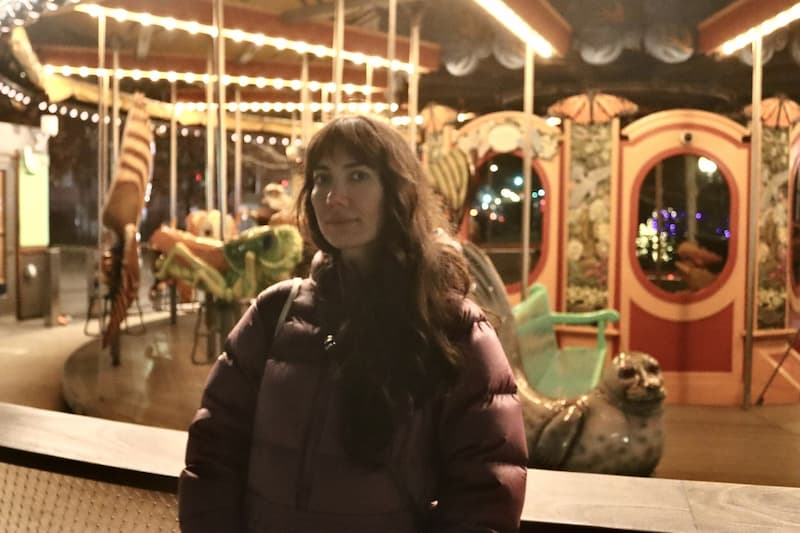2005 Winner
A Cursing of History, A History of Cursing
by Marc David
My paper “A Cursing of History, A History of Cursing: Remembering Collective Time from Zero-Degree in South Louisiana” is part of a larger project to explore the intersection of racial and historical discourses in post-segregation Louisiana. I focused on a narrative I heard over and over again during my dissertation fieldwork in St Martinville, a small town in an economically distressed part of south central Louisiana. With only slight variation, the story is that during Jim Crow a black man executed for murder had cursed the town before his death, saying that it would never prosper, and that it would not know economic or social progress. To a striking degree, I found that many people engaged with this narrative: some dismissed it out of hand, but others were quite troubled by it and gave it credence without really wanting to and still others, mostly, though not exclusively, working class blacks, recounted it seriously as a means of interpreting the past and as something of a platform for commenting on local social relations.
I considered how a variety of people narrated the curse, asking the questions: How did they understand and characterize this curse on history, this damning of a linear and teleological trajectory of collective time? And what would account for its wide and unsettling circulation? One broad context for all speakers was the precarious circumstances of a regional economy based on capital intensive agriculture, boom and bust cycles of petroleum extraction, and a shrinking manufacturing base, which meant that the material supports for narratives of progress were being undermined for almost everyone concerned. While this comprised one dimension of both their analyses and my own, I also concentrated on the way that people configured agency and time in their telling of the story and the other narratives that they associated with it. Thus, descriptions of local race and class relations were often central to narrators’ interpretations, and did not serve merely as background or context. Rather, figurations of the progressive or regressive capacities of different groups were the crux of what people were commenting on, contesting and negotiating in this narrative. This meant the curse operated as speech that largely emanated from and was about those who were defined, in the local field of socio-historical positions, as being without temporally progressive dispositions, namely, the black working classes.
The story of the curse references the socially constructed heterogeneity of local temporalities. On the one hand, blacks who narrated the story in earnest did so through an embedded and embodied art of memory. Moreover, they often and very explicitly commented on and challenged the conditions that produced their peripheral temporal and spatial status, particularly the socially repressed circumstances of their at times violent marginalization during Jim Crow and afterwards. On the other hand, both middle-class whites and blacks tended to narrate the curse to construe their places in history as if working class blacks explicitly did not share in it. This dense and contested dialogical character of the curse as speech is therefore affirmed in my work, insofar as it co-exists with and addresses narratives of historical progress. In other words, part of what provided the conditions for a contemporary cursing of history was an ongoing history of cursing, a more or less systematic negation of poorer blacks as potential agents of progressive time.



